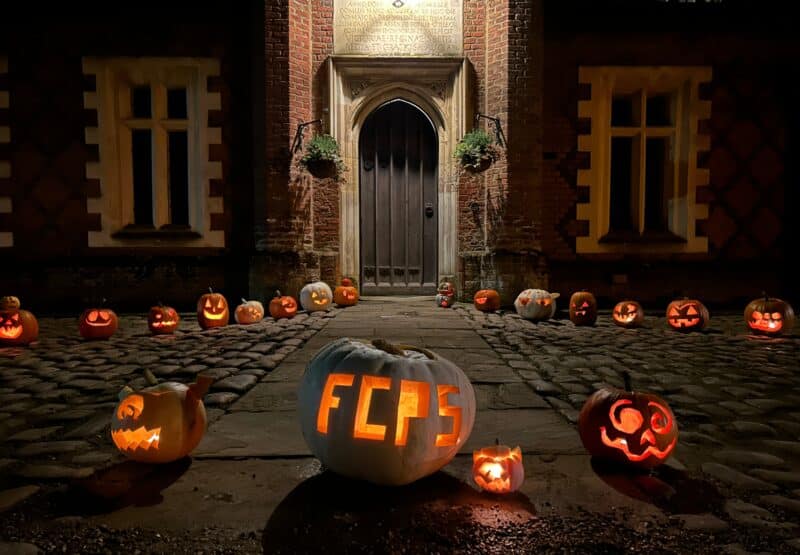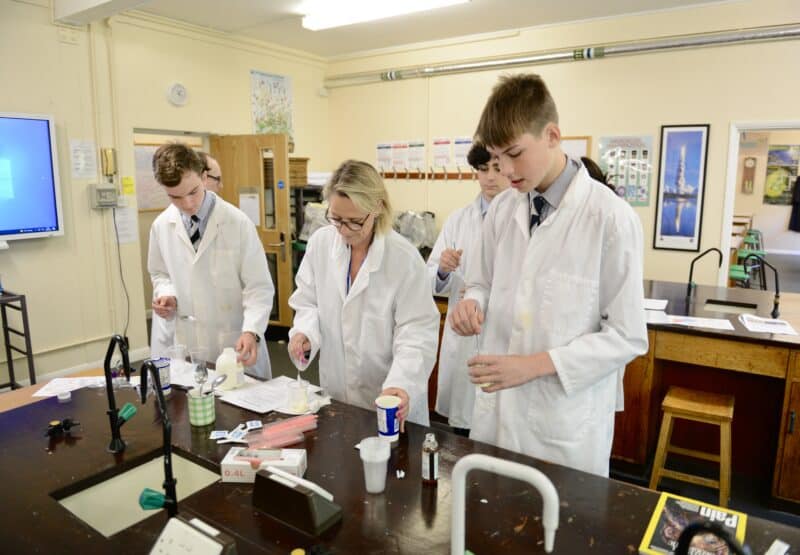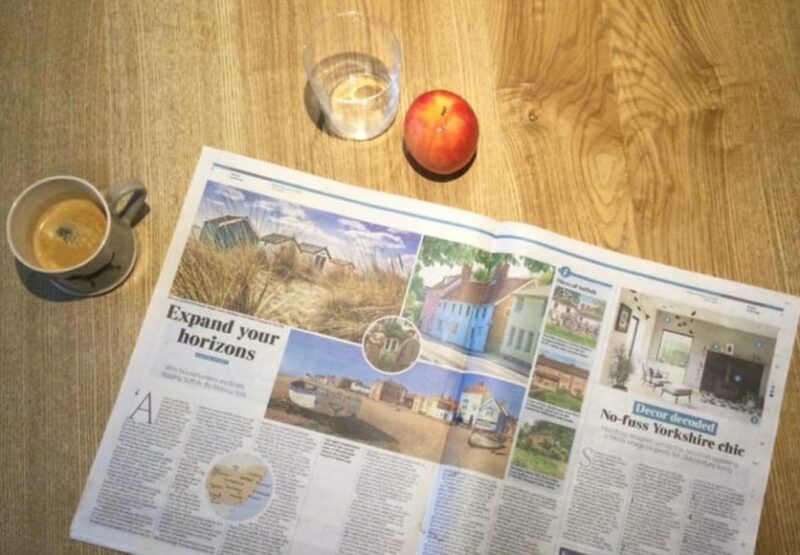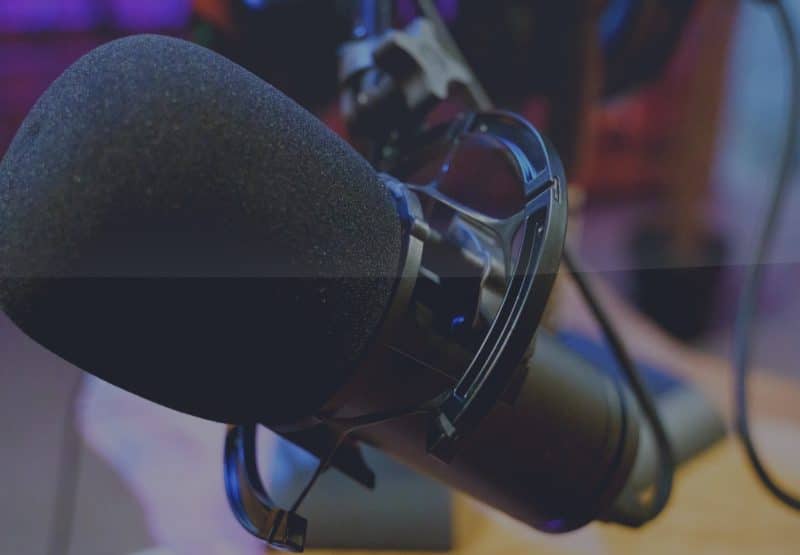How do we define freedom? Is it the power or right to act, speak, or think as you want, is it the state of not being imprisoned or enslaved or is it the state of not being subject to or affected by something undesirable. And do you agree that freedom can be both physical and / or psychological. Can a prisoner be free when behind bars? Can someone be free they become ill and their body decides to stop working in the normal way? Or in other words, can you be free psychologically but not physically and what about the other way round?

The reading is taken from the second book of Corinthians, Chapter 3:
“Such confidence we have through Christ before God. Not that we are competent in ourselves to claim anything for ourselves, but our competence comes from God. Therefore, since we have such a hope, we are very bold. We are not like Moses, who would put a veil over his face to prevent the Israelites from seeing the end. But whenever anyone turns to the Lord, the veil is taken away. Now the Lord is the Spirit, and where the Spirit of the Lord is, there is freedom. And we all, who with unveiled faces contemplate the Lord’s glory, are being transformed into his image with ever-increasing glory, which comes from the Lord, who is the Spirit.“
I understand today’s reading to be about the freedom that you can find when you have a faith, a belief in something or someone. Where the spirit of the Lord is, there is freedom.
But how do we define freedom? Is it the power or right to act, speak, or think as you want, is it the state of not being imprisoned or enslaved or is it the state of not being subject to or affected by something undesirable.
And do you agree that freedom can be both physical and / or psychological. Can a prisoner be free when behind bars? Can someone be free they become ill and their body decides to stop working in the normal way? Or in other words, can you be free psychologically but not physically and what about the other way round?
All of this talk about freedom leads me to tell you – in the spirit of this term’s chapel theme – about a person whose story never ceases to inspire me and remind me to be grateful for the freedom and choice that I have in what I say, think or do .
Some of you will have read the book or seen the film or perhaps both: The Diving Bell and the Butterfly. Written by Jean-Dominique Bauby, it is the story of his imagination that in many ways was set free when on the 8 December 1995 he experienced the terror of having a massive stroke, which then led to him being locked-in his own body. Paralyzed from head to toe, his mind was intact, but essentially imprisoned in his own body, unable to speak or to move. His only way of communicating was by the flicker of his left eyelid.
Over time, he developed a means of closing his eyelid- the only part of his body that moved- to indicate which letter of the alphabet he wanted, and in this painstaking way, he managed to communicate and eventually decided to write this book in the same way, letter by letter, word by word.
The book is less the story of what happened to him, and more the story of his mind and his imagination as he dealt with the physical imprisonment. His inability to move any part of his body was for him as if he was encased in an old-fashioned diving bell. To cope with this imprisonment, his mind and his imagination take over and spread their wings like a butterfly.
To quote Jean Dominique himself: My diving bell becomes less oppressive and my mind takes flight like a butterfly. There is so much to do. You can wander off in space, set out for Tierra del Fuego or for King Midas’ court. You can visit the woman you love, slide down beside her and stroke her half sleeping face. You can build castles in Spain, steal the golden fleece, discover Atlantis, realise your childhood dreams and adult ambitions”.
The book is not long but nor is it an easy read. The film, for once, is as good as the book and brings to life the excruciating pain and frustration that he felt. It also brings to life the vivid dreams and wanderings of his mind, which are beautiful, funny and poignant. Sometimes his mind takes him travelling and his nostrils are hit with “the sour smell of a New York bar. The odor of poverty in a Rangoon market. The white icy nights of Saint Petersburg or the unbelievably molten sun at Furnace Creek in the Nevada Desert”. Sometimes he is a Formula One driver his head, weighed down by his helmet wrenched painfully sideways by gravitational pull, other times he is a Tour de France long shot on the verge of a record-breaking victory or he’s a downhill skier with the roar of the crowd on the slope and the singing of the wind in his ears.
I feel inspired and humbled by this story and by the man himself. He was exuberant and passionate in his life before his paralysis, he drove fast cars, surrounded himself by beautiful women, drank good wine, ate extravagantly and as editor of French Elle magazine, he led a beautiful life. But when this catastrophe occurred, he did not allow himself to be defeated by the dreadful circumstances in which he found himself. Instead, he turned those circumstances into something beautiful by setting his imagination free to create, to transform and to inspire.
He made it his final goal to complete the book before he died. In fact, the book was published two days before his death on March 9 1997.
So when I am feeling sad, or hard done by or tired or frustrated, I draw strength from the story and I remind myself of how lucky I am to be free, both in my body and in my mind. I hope that some of you will be curious enough to read this book, or if not cut straight to the film. I would love to hear your thoughts and I hope that you, like me, will be inspired.







